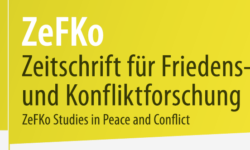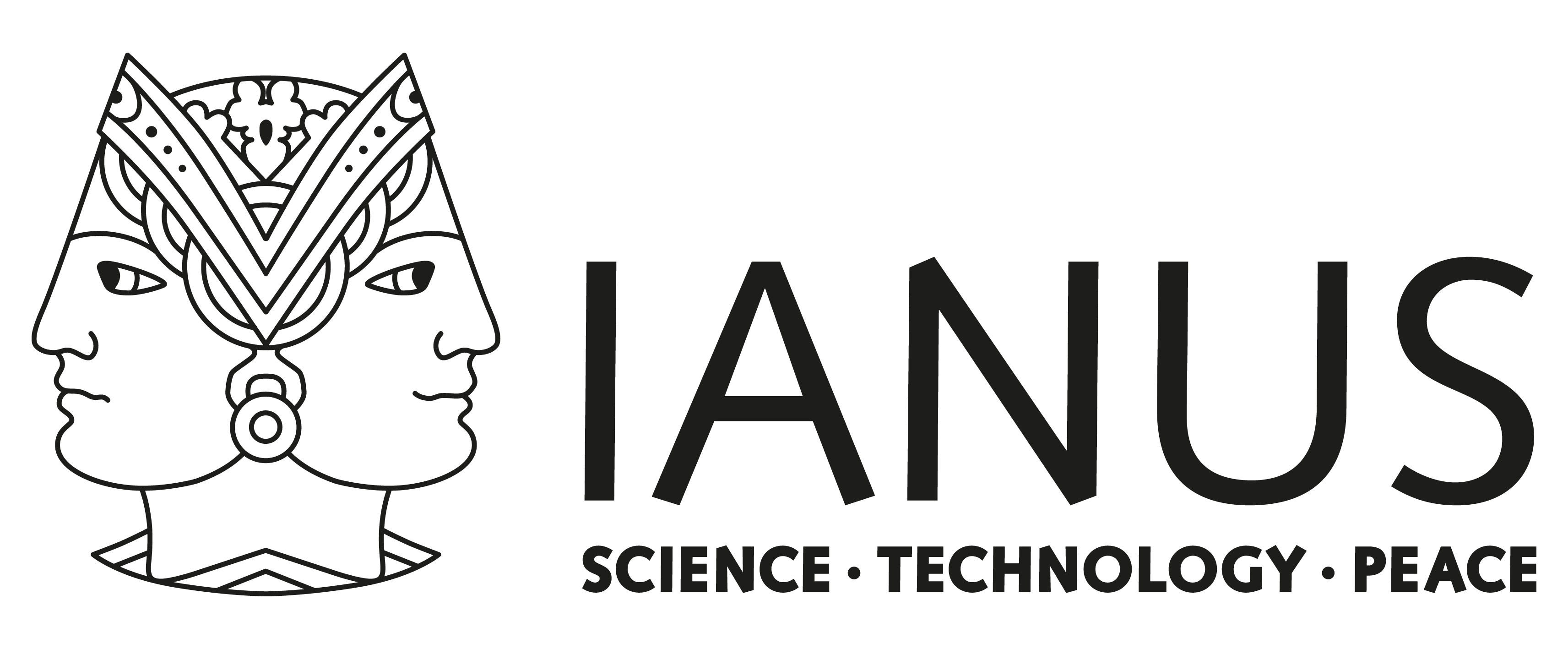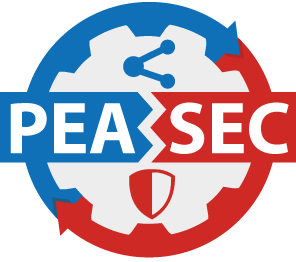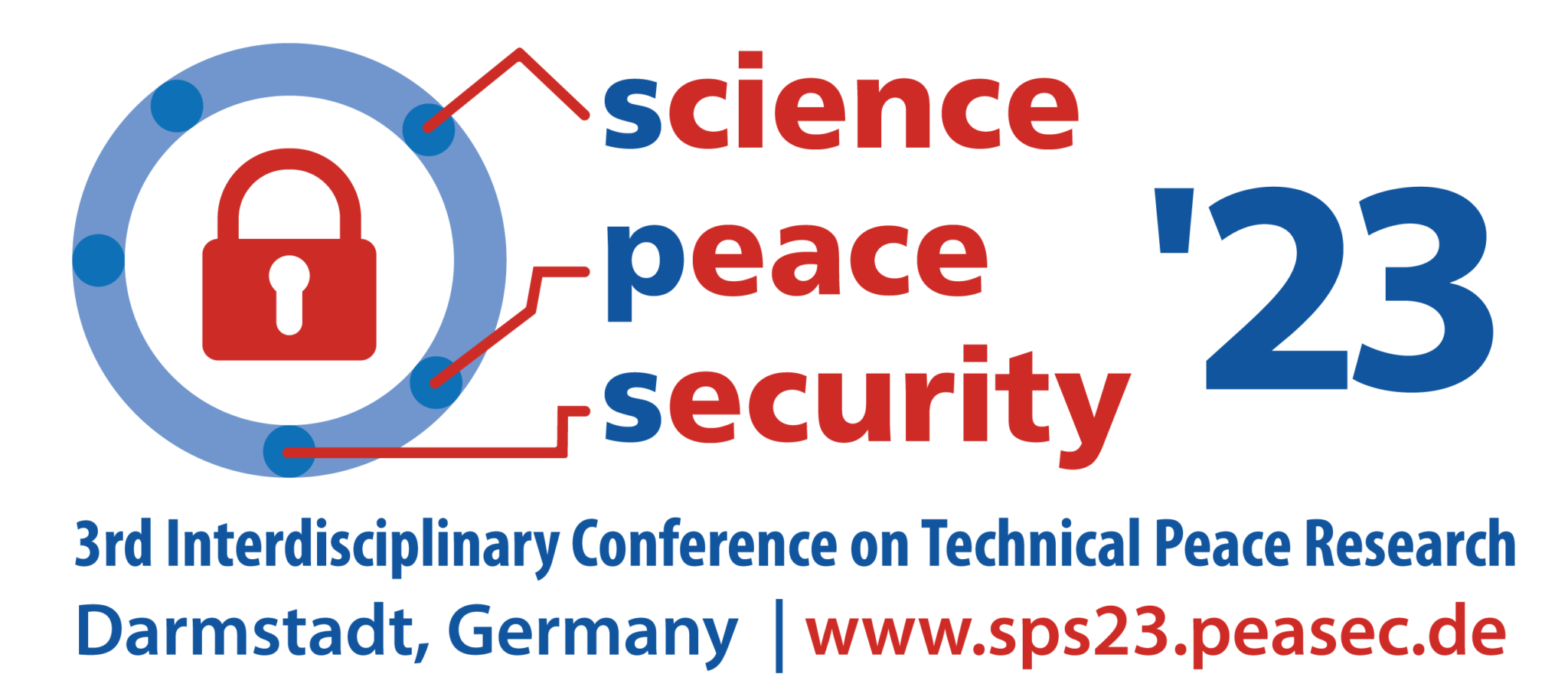 We would like to announce a call for paper for a special section covering:
We would like to announce a call for paper for a special section covering:
Technology and the Transformation of Political Violence
Zeitschrift für Friedens- und Konfliktforschung /
ZeFKo Studies in Peace and Conflict
(https://www.springer.com/journal/42597/)
The Journal
ZeFKo is an academic, peer-reviewed journal which publishes methodologically and theoretically sound studies from a wide range of disciplines on issues of peace and conflict research. It is edited on behalf of the board of the Arbeitsgemeinschaft für Friedens- und Konfliktforschung (AFK) and publishes articles in German and English language.
ZeFKo fosters the academic debate on terminological, theoretical, methodological and conceptual questions of research on violence, conflict and peace. In particular, it stimulates interdisciplinary debates in peace and conflict research, such as ethnology, geography, history, cultural and literary studies, education, philosophy, political science, psychology, law, sociology and theology, as well as the life sciences.
Description of the Special Section
This special section, based on the conference Science – Peace – Security’23 organized by the research center „Transformations of Political Violence“ (TraCe) in cooperation with by FONAS, examines the impact, control and design of technologies that affect peace and security. Existing arms control approaches need to adapt to the changing security landscape, while new civil and military technologies are transforming forms of violence and warfare.
Areas of particular concern include cyber warfare and the rapid development of unmanned weapon systems. Issues of nuclear arms control and disarmament, missile technologyor space weapons, as well as chemical and biological weapons, are taking on new urgency. Contributions are sought on new technological and organizational approaches to arms control, disarmament, and verification, as well as contributions on individual weapons and delivery technologies, their assessment, their strategic significance, and their impact on international stability.
In addition to the development of new weapons systems, information technology plays an important role in the repression and digital surveillance of civilians during conflicts and in the policing of urban space. Seeking to network under authoritarian actors, civil society is increasingly using social media as a resource to organise cyber-protests and fight for human rights. Beyond its acute use in conflict-related contexts, many cases show that technology is increasingly being used by different actors for conflict transformation and peacebuilding, with the aim of reducing (political) violence in the long term. Furthermore, the geopolitics of infrastructure, e.g. (renewable) energy and climate change, is a pressing issue. Infrastructures are relevant in conflicts, can be manifestations of global injustice, strategic objects in armed conflicts as well as part of peaceful conflict transformation.
More generally, all of these issues raise questions about the regulation and diffusion of security-related technologies and their design. These aspects influence who has access to certain technologies, who can benefit from their use, or who is exposed to risks. The interdisciplinary conference Science – Peace – Security’23 and the special issue aim to facilitate fruitful discussions on current and future challenges in the field of technical peace and conflict research. We seek contributions from the natural and technical sciences, the social and legal sciences, ethics and the humanities.
We are looking for contributions from any area of peace research addressing the special section topic, each up to 10.000 words incl. references, including footnotes and bibliography (see Guidelines for Authors) that address this topic.
Topics
- Nuclear, Biological and Chemical Weapons and Disarmament
- Cyber and Information Warfare, Artificial Intelligence and Unmanned Weapon Systems Programme
- Geopolitics of Infrastructure, e.g. (Renewable) Energy and Climate Change
- (Urban) Protest and Violence
Schedule
- September 20-22, 2023: Conference: Science – Peace – Security’23
- December 1, 2023: E-Mail with title, authors and abstract to guest editors (encouraged but not required): zefko@peasec.de
- February 1, 2024: Deadline Full Papers (Submission System)
- April 1, 2024: Notifications
- June 1, 2024: Deadline Revisions
- July 1, 2024: Notifications
- September 1, 2024: Deadline Final Versions
Guest Editors:
Contact: zefko@peasec.de
- Prof. Dr. Dr. Christian Reuter | Professor, Science and Technology for Peace and Security (PEASEC), Technical University of Darmstadt
- Dr. Thea Riebe | Postdoctoral Researcher, Science and Technology for Peace and Security (PEASEC), Technical University of Darmstadt
Guest Editorial Review Board
see people listed in Organisation.
Literature
- Reuter, Altmann, Göttsche, Himmel (2020) Natural Science and Technical Peace Research: Definition, History and Current Work, S+F Sicherheit und Frieden / Peace and Security 38(1), 1-4, doi:10.5771/0175-274X-2020-1-1
- (2020) Special Issue: Interdisciplinary Contributions to Natural Science/Technical Peace Research, S+F Sicherheit und Frieden / Peace and Security 38(1), Nomos https://peasec.de/2020/sf-special-issue-naturwissenschaftlich-technische-friedensforschung/
- Special issue of SPS21: Reuter, Göttsche, Frieß, Thielbörger, Vüllers (2022) Special Issue on Between Destabilization and Enabling Resilience: Perspectives from the Technical Sciences, Social Sciences, and Law – Die Friedens-Warte / Journal of International Peace and Organization (JIPO), Berliner Wissenschafts-Verlag. https://peasec.de/2023/special-issue-friedens-warte/





